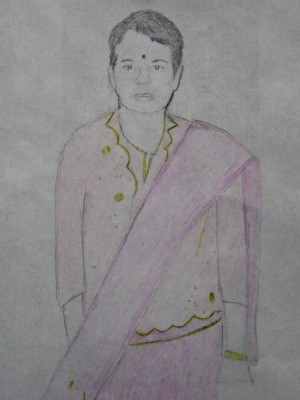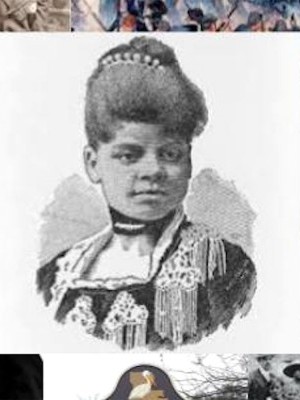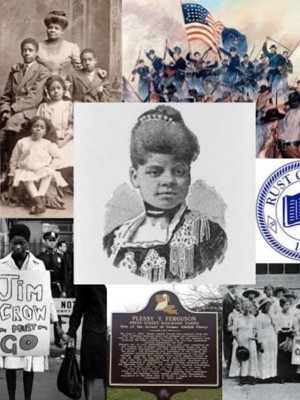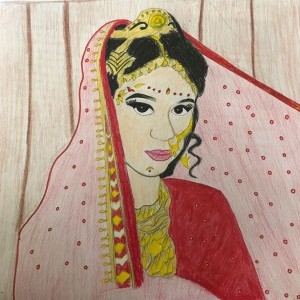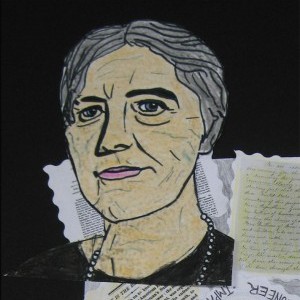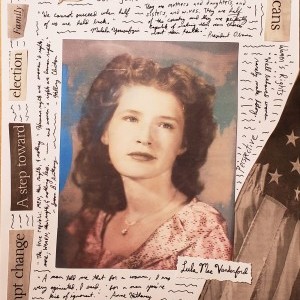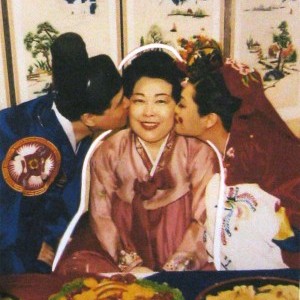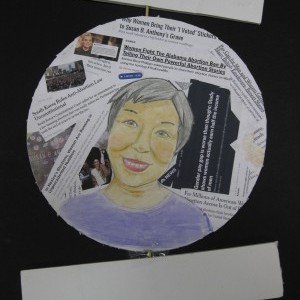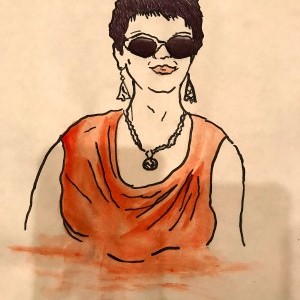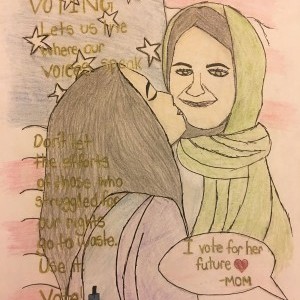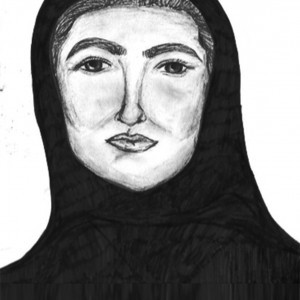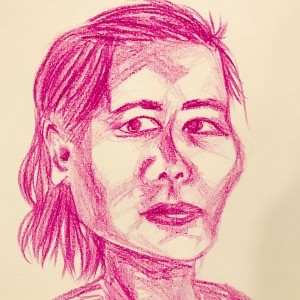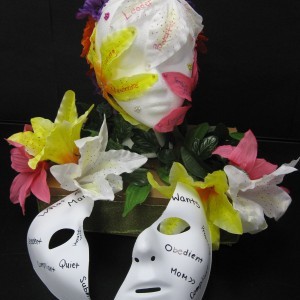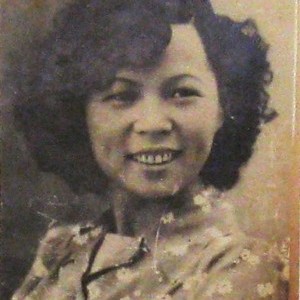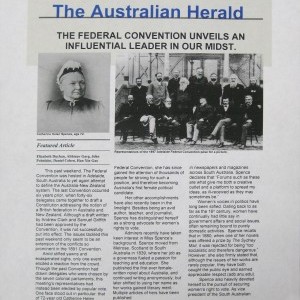Carine He, Arul Sharma, Shadman Sakib & Arrnya Samuaru
Townsend Harris High School | Flushing, NY | 11th Grade
Inspirational Family Member
My Aunt Sijia from India
Growing up in a patriarchal, traditional Indian household, my Aunt didn’t enjoy the rights and freedom that my father did. Being forced to find a suitable husband, she had to learn typical household duties expected from a young woman. Her education wasn’t deemed as important as that of my father’s, and therefore her independence was snatched. It was a cultural norm for females to be reliant on a male spouse. Her future looked mundane.
Everything took a turn when my grandfather, a diplomat at the time, had to travel to America. As my aunt arrived in the US, she was hit with a culture shock. The new environment was unfamiliar yet comfortable. Women in the US experienced much greater freedoms than what my Aunt had experienced in India. She instantly knew that she wanted to establish herself as an educated individual in this newfound society that permitted her to be whatever she wanted. After weeks of convincing, sobbing, and debating, my grandfather allowed my aunt to attend Baruch College. She fully took advantage of this educational opportunity and made sure to free herself from the chains that sexist societal norms had imposed on her. After tireless hours of hard work, learning new concepts in unfamiliar settings, and adapting to the new country, my aunt graduated college. This opened up new doors for her, which were previously locked by the patriarchy. She proved to herself and to her family that even she, as a woman, could achieve great things. After finding a stable job and settling in New York, she had finally established herself as an independent individual without reliance on a male figure.
As the presidential election between Barack Obama and John McCain took place, she discovered that she could vote. The right to vote served to her as a reminder that she was equivalent to any other male. It reminded her that she could have a say in this country that she only dreamt of when she was a child. It reminded her that her hard work and education gave her a sense of purpose. Taking full advantage of this right to vote, my aunt participated in this democracy and dictating the future of the country, something that she never thought she could do. Voting marked a major chapter in her life and established her as a worthy American citizen. Coming from a traditional and patriarchal environment, America’s opportunities provided her with a newfound perspective on life. She understood that her worth was not something imposed on her due to her gender, but rather something that she could determine for herself.
Historical Figure I Admire
Ida B. Wells-Barnett was born into slavery in 1862, in Mississippi. Wells-Barnett grew up in a family battling racism. After the Civil War ended in 1865, Wells-Barnett’s parents became politically active in Reconstruction Era politics. Though the Thirteenth Amendment had been ratified in 1865, formally abolishing slavery in the United States, blacks were far from receiving equal rights. Black codes emerged throughout the South, starting with Mississippi in 1865, where Wells-Barnett and her family lived. These black codes limited freedman’s rights to assemble and travel, instituted curfews, required them to carry special passes, and forced them to sign lengthy labor contracts.
The later passing of the Fourteenth and Fifteenth Amendments also were ineffective in helping blacks gain equal rights, and their suffrage was harshly opposed by terrorist groups and prevented by voting restrictions such as grandfather clauses and poll taxes. Thus, growing up in this environment and faced directly with the injustices for blacks despite the so-called reconstruction, Wells-Barnett was most aware of the change that was needed.
Wells-Barnett’s parents also instilled into her the importance of education. Wells-Barnett enrolled at Rust College, but was expelled when she started an argument with the university president. Her activism showed at a young age, and when her parents died from a yellow fever epidemic, she had to step up to a parenting role. Wells-Barnett took a job as a teacher to raise herself and her siblings, and later continued to work as an educator in Tennessee. In 1884, Wells-Barnett was thrown off a first-class train, despite having a ticket. Not one to back down, she filed a lawsuit against the train car company and won the case at the local level, but the ruling was overturned in federal court. Then, when one of her friends was lynched, Wells-Barnett turned her attention to white mob violence. After investigating several cases of why black men were lynched, she began publishing exposés of lynchings. Her exposé about an 1892 lynching enraged locals, who then burned her press and threatened her into moving away to Chicago, Illinois.
Starting in the 1890s, Wells joined other African American leaders and became a prominent leader in the Civil Rights Movement. She established many civil rights organizations including the National Association of Colored Women in 1896. These movements were a direct response to the discriminatory Jim Crow laws, local laws enforcing racial segregation. In addition, 1896 was the year of the landmark court case Plessy v. Ferguson, declaring separate but “equal” facilities constitutional. She continued to fight for Civil Rights in 1908 and became a founding member of the NAACP. Despite her prominency in the organization, Wells soon cut ties with the NAACP due to their lack of initiative in provoking change. She also played an important role in the National Equal Rights League. Founded in 1864, the league was focused on the liberation of African Americans in the United States. During her time working on the league, Wells addressed President Woodrow Wilson asking him to end discrimination in the hiring for government jobs.
Her contributions towards women’s suffrage was heavily linked to her advocacy for African American rights. Like all women, Wells wanted women to have the right to vote. However, she also saw the women’s suffrage movement as a way for African Americans to have a larger political voice because of the addition to African American women to the polls. Towards the end of her life, she continued to fight for African American rights by founding the first African American kindergarten in her community and continued in the struggle for women’s suffrage.
SOURCES +
What the Project Means to Me
After researching Ida Wells-Barnett, we have realized the multitude of underappreciated women that participated in the suffragette movement. While women like Elizabeth Cady Stanton and Susan B. Anthony are remembered for their contributions, few people mention the other women who protested and fought for women’s rights. Learning about the struggles these extraordinary women went through in order to gain freedoms for women in the future has inspired us to do more for our community and appreciate suffragettes even more. These women fought so hard for the right to vote, making it important for everyone to vote when they can. It was a hard-won right and everyone should take advantage of it if they are able to. Voting allows the people to voice their opinions and to change policies by electing officials that they believe can make the world a better place. Locally and statewide, citizens should vote because the election results can directly affect their lives and the community around them. Federally, votes determine who runs the country and how it operates. Thus, by voting and participating in our modern government, we are changing our community and bettering our country.
The experience of the woman in our lives directly reflects the history of suffragettes. Just like women in the 20th century, my aunt Sijia was unable to vote for a better part of her life. However, after moving to America, she gained the right to vote and make decisions for the country. Connecting her experience to history opened our eyes to the fact that everything in the past can be a huge influence on our present. Thus, if we want a better future for later generations, we must protest and fight for our rights, just like suffragettes from decades ago.
Explore the Archive
More From This Class
Click on the thumbnails below to view each student's work.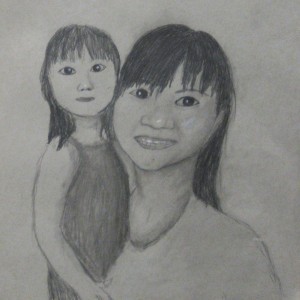
Vivian Chen, Josephine Chen, Ivan Chan, Zafirah Rahman, Neeharika Reddy, Daniel Shi, Daniel Shi, Jacqueline Cho & Osiris Guerrero

Jennifer Moran, Adebola Ademola, Julia Hong, Vicki Kanellopoulos, Inga Kulma, Maimunah Virk, Deborah Molina & Kailey Van
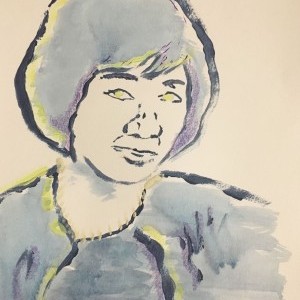
Kristina Chang, Sarah Chowdhury, Bethany Leung, Letian Fang, Cathy Choo, Kelly Chan, Emily Tan, Adamary Felipe & Kenney Son

